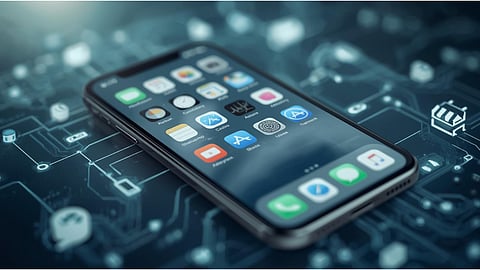

Many believe that closing apps on their smartphones saves battery life, but this common myth is misleading. Modern operating systems efficiently manage background apps, and force-closing them can actually drain more power. This article explores the science behind app management, explains how background processes work, and offers practical tips to truly extend your device's battery life.
For years, smartphone users have been told that closing apps running in the background can save battery life. Intuitively, it seems logical: fewer apps running means less power usage, right? However, this common belief is a myth. Modern mobile operating systems like iOS and Android are designed to efficiently manage apps in the background to conserve battery and system resources.
When you press the home button or swipe away an app, it doesn't necessarily mean the app is actively running or draining battery. Instead, most apps enter a suspended or standby state where they use minimal resources. Force-closing apps interrupts this management system and may force the app to fully reload the next time you open it, which requires more power than simply resuming from a suspended state.
Scientific studies support this claim. For example, Apple’s own support documentation clarifies that force-quitting apps does not improve battery life and can actually reduce it because apps use more energy during a cold start. Similarly, Android’s battery optimization features prioritize which background processes to limit, making manual app closure unnecessary.
Additionally, some apps need to run background tasks to deliver notifications or refresh content, which is handled efficiently by the operating system. Force-closing these apps can interrupt these functions and degrade user experience.
So, what really saves battery life? Useful strategies include reducing screen brightness, disabling unnecessary notifications, turning off location services when not needed, and enabling battery saver modes. Keeping your apps and OS updated also helps as developers optimize power consumption with each update.
In conclusion, closing apps to save battery is a widespread myth. Trust your phone’s built-in resource management, and focus on effective battery-saving habits instead. This approach is scientifically backed and will help you get the most out of your device’s battery.
At marvelof.com, we spotlight the latest trends and products to keep you informed and inspired. Our coverage is editorial, not an endorsement to purchase. If you choose to shop through links in this article, whether on Amazon, Flipkart, or Myntra, marvelof.com may earn a small commission at no extra cost to you.
